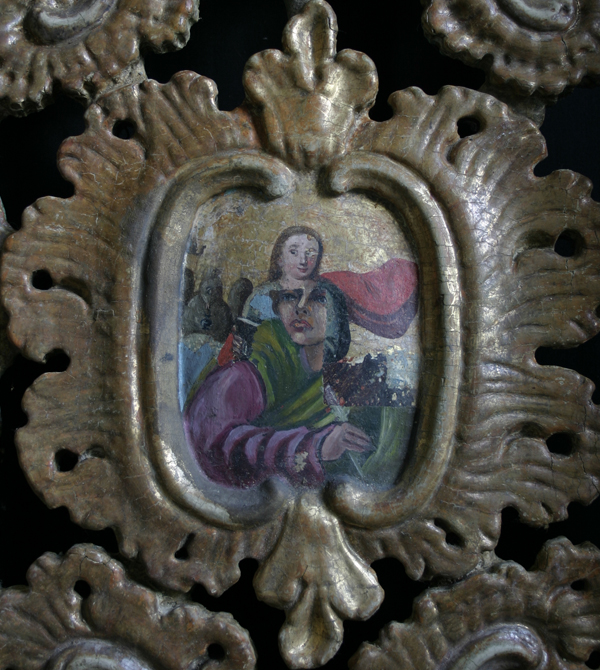catf_central_and_eastern_european_workshop-highlight.jpg Religious icon from Lviv's Saint Kazymyr Cathedral, 2008 Ambassadors Fund for Cultural Preservation, Government of Ukraine.
Religious icon from Lviv's Saint Kazymyr Cathedral, 2008 Ambassadors Fund for Cultural Preservation, Government of Ukraine.
|
On August 3, 2023, the Cultural Antiquities Task Force (CATF) and the Smithsonian Institution hosted a virtual workshop for U.S. and foreign law enforcement officials and heritage experts to build a mutual understanding of at-risk cultural property and trafficking trends in Central and Eastern Europe.
The workshop involved 150 participants, including trainers from the State Department, the Smithsonian Institution, Homeland Security Investigations (HSI), Customs and Border Protection (CBP), the Federal Bureau of Investigation (FBI), and partners from foreign museums and international organizations. In the workshop, government officials and representatives explained the threats to cultural heritage in the region. They also reviewed the acute threat posed by Russia’s unjust war in Ukraine, which is leading to damage and the destruction of Ukrainian cultural sites and collections. Finally, law enforcement officers highlighted regional trafficking trends and patterns, case studies, and the role of money laundering in the illicit art trade. This training was the seventh in a series of cultural property anti-trafficking workshops supported by the CATF and organized by the Smithsonian Institution’s Museum Conservation Institute and Office of International Relations, in collaboration with HSI, CBP, and FBI. These workshops provide opportunities for U.S. and foreign law enforcement and heritage professionals to exchange their expertise and increase knowledge about ways to disrupt trafficking in cultural property. Previous workshops addressed trafficking in coins, manuscripts, fakes and forgeries, and cultural objects from Central Asia, Latin America, and Southeast Asia.
Established by the State Department in 2004 at the direction of Congress, the CATF comprises federal agencies that share a common mission to disrupt cultural property trafficking in the United States and abroad. Since its creation, the CATF has supported more than 100 domestic and international cultural property training programs. CATF is a law enforcement-focused working group of the Cultural Heritage Coordinating Committee. Both are managed by the State Department’s Cultural Heritage Center.



